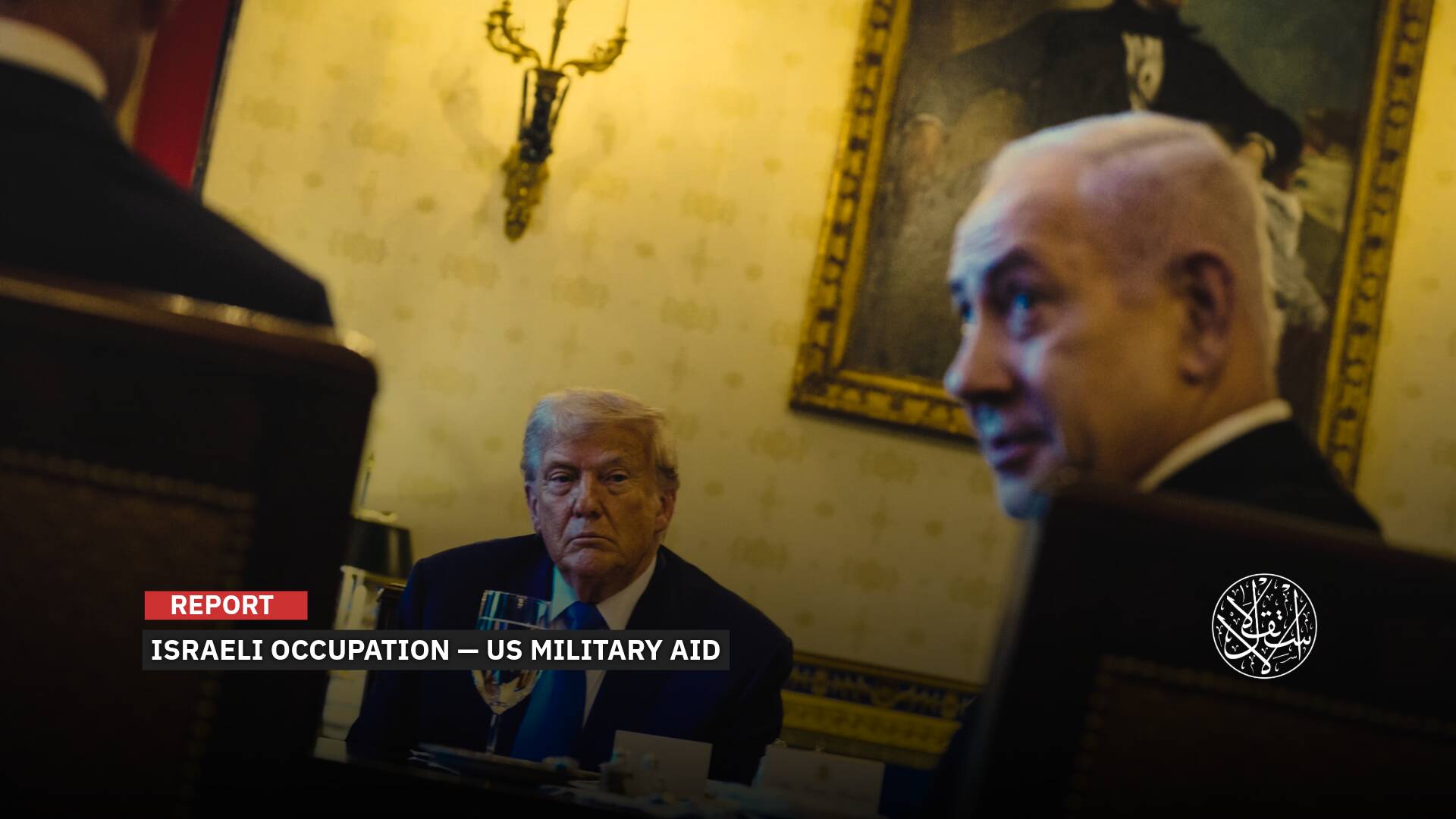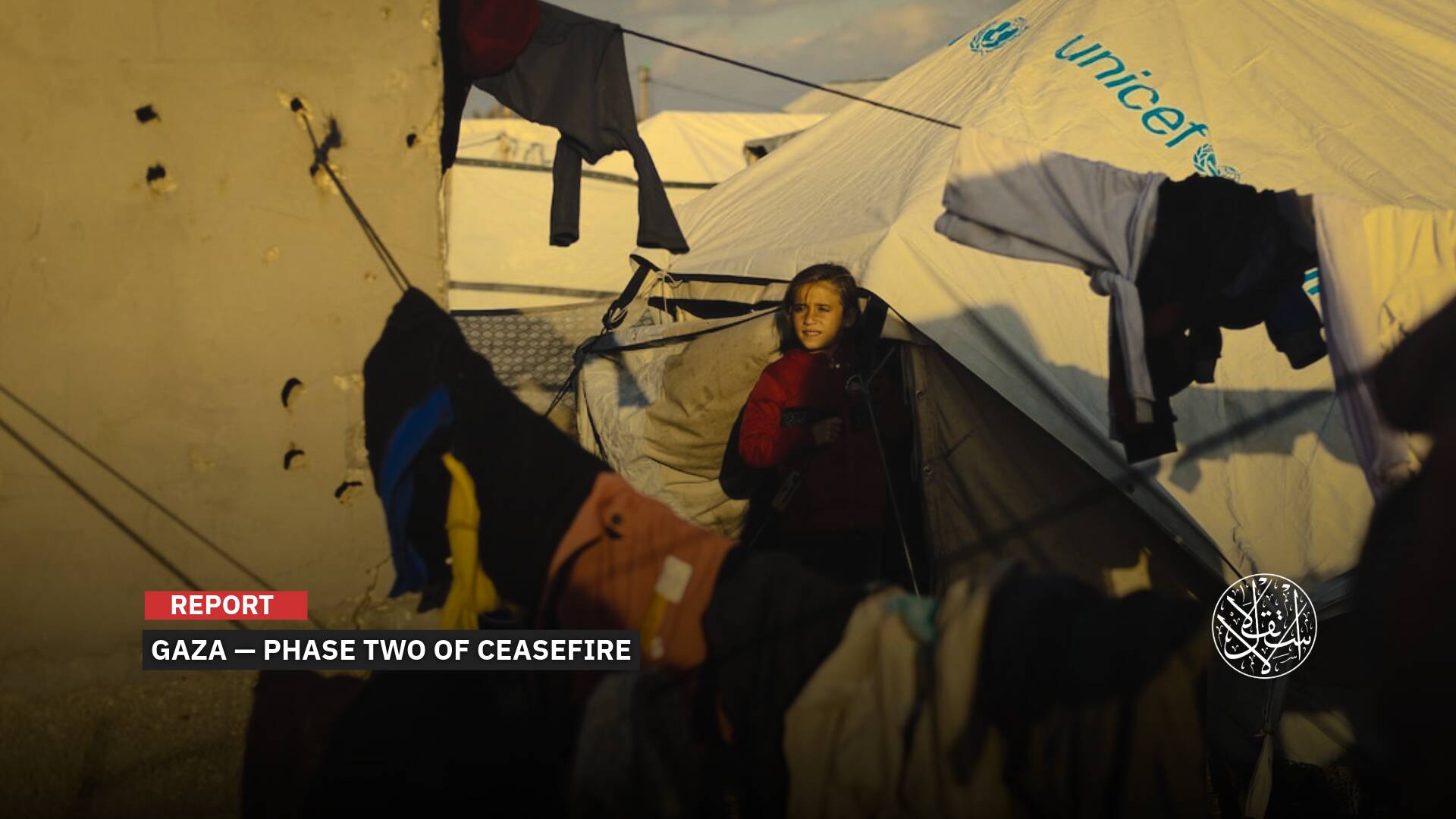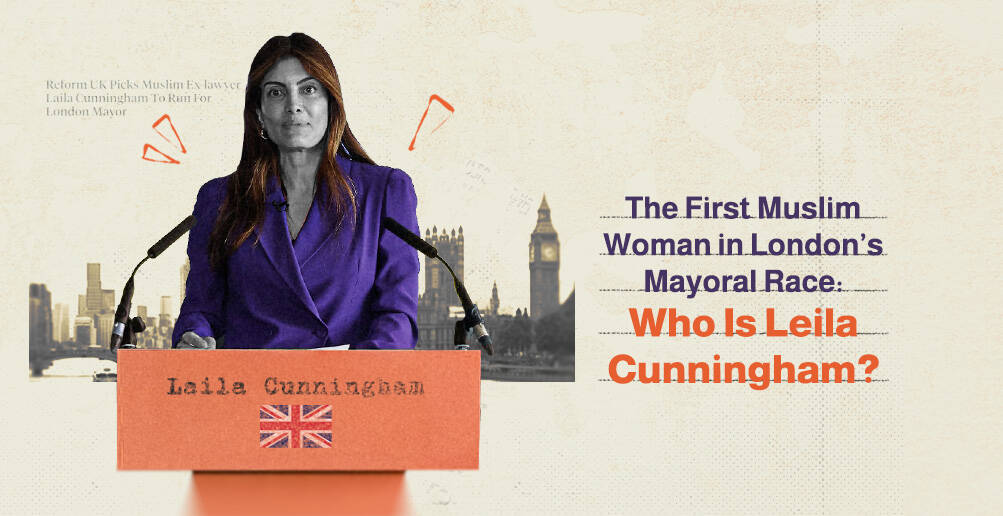Despite Its Brief End: This Is How Wagner’s Armed Rebellion Left a Scar on Putin’s Face

The end of the Wagner Group’s rebellion, mediated by Belarus, and the restoration of Russian cities will not constitute an end to the unprecedented crisis that has recently erupted inside Russia and brought it to the brink of civil war, according to statements by Russian officials.
If many of the details that accompanied the rebellion and until the moment of announcing the agreement that stipulated the withdrawal of the rebels from the streets and not punish them are still vague, but the consequences of the post-settlement phase between President Vladimir Putin and Wagner leader Yevgeny Prigozhin will not be late in appearing, according to analysts.
The brief rebellion could also have long-term consequences for Putin’s two-decade grip on power and his war in Ukraine, especially since his image as a solid leader was severely affected by the Ukraine War, which lasted 16 months and claimed the lives of huge numbers of Russian troops.
Likewise, what happened in the past days, and any repercussions related to it in the coming days, will be reflected in several other files, such as Russian influence in Africa and the Middle East, especially since Wagner has been playing several roles over the past years in the service of the interests of the Kremlin.
A possible motive for Prigozhin’s rebellion is orders from the Ministry of Defense—which Putin supports and which Prigozhin rejected—that soldiers from private companies sign contracts with it by next July.
Wagner’s Rebellion
In an accelerated rebellion, Wagner’s forces moved from their camps in Ukraine toward Russia on June 23, 2023, took control of the regional military command in the southern city of Rostov, and continued their advance toward Moscow.
During his rebellion, Yevgeny Prigozhin sought to topple Russian Defense Minister Sergei Shoigu, long criticized by Wagner’s leader for his handling of the war in Ukraine.
But the move was abruptly canceled the next day, and Russian state media announced that Wagner’s forces would return to Ukraine while Prigozhin would go to neighboring Belarus. The Kremlin confirmed that it would not prosecute Prigozhin or his men.
Wagner’s brief rebellion raised many questions about Putin’s situation before and after it, and raised questions about the position of Defense Minister Sergei Shoigu and many military leaders in the next stage, in light of speculation about other chapters of the crisis, it will not be late to appear.
U.S. Secretary of State Antony Blinken hinted at this on June 25, 2023, by saying: “The potential threat to Russian President Vladimir Putin might not be over. We haven’t seen the last act. We’re watching it very closely.”
Despite the agreement, advisor to the Ukrainian President Mykhailo Podolyak considered that “although not without benefit: Prigozhin humiliated Putin/the state and showed that there is no longer a monopoly on violence.”
Prigozhin's phenomenal choice... You almost nullified Putin, took control of the central authorities, reached Moscow and suddenly... you retreat. Because one very specific intermediary with a dubious reputation (#Lukashenko) promised security guarantees from the person (#Putin)…
— Михайло Подоляк (@Podolyak_M) June 24, 2023
It is noteworthy that Prigozhin’s fate will remain the most sensitive file in the next stage, especially since his departure to Belarus and the dropping of criminal charges against him will not mean the end of his influence inside or outside Russia.
While the Russians expected that Putin would violently strike Wagner and prevent its members from going to Moscow, he acted differently and pardoned their rebellion, leaving the door open for some of them to join the Russian Ministry of Defense under contracts.

Putin’s Future
The Institute for the Study of War (ISW), in a report published on June 24, said that “Prigozhin’s rebellion exposed severe weaknesses in the Kremlin and the Ministry of Defense.”
It considered that the Kremlin had struggled to provide a coherent response to the insurgency, and that one of the reasons was likely the effect of heavy Russian losses in Ukraine.
“Wagner’s forces would have reached the outskirts of Moscow had Prigozhin so chosen,” it added.
The institute considered that the role of the Belarusian leader was humiliating for Putin, and it may have guaranteed Lukashenko other advantages, which poses challenges to the Russian president’s ability to control the decision-making process in the country, nearly a year before the date of the presidential elections.
The questions raised would affect Putin’s future, as the president’s behavior towards Wagner is an indication of the emergence of other harbingers, not the first of which is Ukraine’s gaining field momentum that allows it to accelerate the pace of the counterattack, which it began about three weeks ago.
Here, Defense Minister Sergei Shoigu’s fate seems very important, especially since he, along with Chief of Staff Valery Gerasimov, was subject to Prigozhin’s attacks due to their betrayal and bureaucracy and their prevention of ammunition from reaching his forces, as he has repeatedly said over the past months.
Dr. Mahmoud al-Hamza, an expert on Russian affairs, explained in a statement to Al-Estiklal that “Prigozhin’s rebellion reflects Putin’s weakness and highlights the divisions in the Russian military machine.”
The expert pointed to the involvement of some military, security, and political leaders and oligarchs in Wagner’s armed rebellion, ruling out that Prigozhin’s plan was unilateral.
Dr. Al-Hamza noted that Wagner might continue to perform its work duties but after replacing its leader, indicating that it will either continue as a private company or be integrated into the Russian army.
He also pointed out that Wagner’s rebellion may cast a shadow over the war in Ukraine in the short term, expecting Russia to escalate militarily against Kyiv to prevent it from exploiting what happened and achieving field gains.

Ukraine War
In a related context, Wagner’s brief rebellion caused confusion and weakened the image of its military leadership, which may have had an impact on the course of the war in Ukraine, according to a France 24 report published on June 25.
But it’s not clear if it will translate directly onto the battlefield; as Rob Lee of the Foreign Policy Research Institute points out, Wagner no longer had a key role in the Ukrainian theater.
“Wagner forces were replaced in Bakhmut at the end of May-early June,” Lee said.
“I don’t think any Wagner troops are currently on the front lines, or were pulled from there for this event,” he noted.
“Wagner is designed for assaults and not for defensive operations. It was never clear what role they would play during Ukraine’s counteroffensive,” Lee added.
On his part, Presidential Press Secretary Dmitry Peskov confirmed that the failed rebellion carried out by the Wagner Group would not affect the Russian military offensive in Ukraine, adding that they had succeeded in repelling Ukraine’s counterattack.
But experts believe the mutiny will be a blow to the morale of Russian troops in Ukraine, who have endured heavy losses in 16 months for marginal territorial gains.
British General Lord Richard Dannatt said: “Russia may use the Wagner Group to try and take Kyiv again from Belarus, which Prigozhin had settled in, after stopping his rebellion in Russia.”
It is not yet clear how many of Prigozhin’s fighters will follow him to Belarus, but according to Dannatt, in an interview with Sky News on June 25, the strength of the private military company is estimated at 25,000.
“If he has kept an effective fighting force around him, then he presents a threat again to the Ukrainian flank closest to Kyiv,” Dannatt added.
Pierre Razoux, academic director of the Mediterranean Foundation of Strategic Studies, warned Ukraine would also have to secure the Belarus border because they are not safe from a treacherous blow. “Maybe that’s what Prigozhin has negotiated with Putin,” he said.

Power Struggle
The eruption of the clash between the founder of Wagner, Yevgeny Prigozhin, and the Russian military leadership was not surprising, as the indications of conflict have increased since last year.
A New York Times report stated that the roots of the dispute between the Russian Ministry of Defense and the commander of the Wagner Group go back to the Battle of Bakhmut in Ukraine.
Wagner’s Prigozhin was accusing the Russian Staff of not supplying his group with a sufficient amount of ammunition to prevent it from achieving a victory that its elements could not.
Since then, Prigozhin has become more visible on social media, portraying himself and his forces as more ruthless and effective fighters than the Russian army, and denouncing the bureaucracy of the Ministry of Defense.
On May 5, Wagner’s leader announced that he would withdraw his fighters from the city of Bakhmut on May 10 due to a shortage of ammunition, accusing Russia’s army of standing behind it.

The most prominent step was the issuance by the Russian Defense Minister on June 10 of this year of an order obligating all Russian volunteer formations to sign a contract with the Ministry of Defense until July 1.
But the response of Wagner’s leader was not delayed. On June 11, Prigozhin refused to sign any contracts for the fighters of his group with the ministry.
The conflict reached a new stage after Prigozhin announced that his forces had been bombed in Ukraine, accusing Defense Minister Sergei Shoigu of issuing orders to bomb his men, vowing to hold him accountable.
Sources
- Will Wagner Pull Off a Coup Against President Putin?
- Russian Offensive Campaign Assessment, June 24, 2023
- Could Wagner's mutiny help Ukraine?
- Wagner could lead attack on Kyiv from Belarus, British general warns
- Ukrainian Steadfastness: How the Bakhmut Battle Deepened the Division Between Wagner Mercenaries and Russia’s Army











